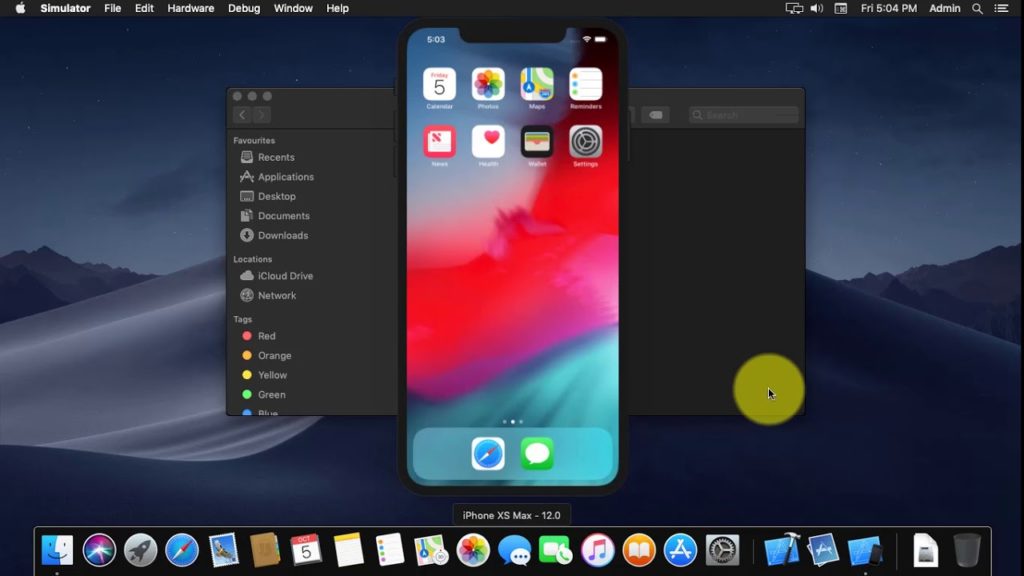

While this speeds up the testing process, it comes with a critical drawback - emulators can’t fully replicate device hardware. However, QA teams that start to use only mobile emulators may swing to the other extreme of stopping all testing on real devices.

#What is an emulator manual#
This brings huge improvements in the speed of tests for organizations coming from the manual world of testing on real devices. Appium uses the same WebDriver API that powers Selenium, and enables automation of native, hybrid, and mobile web apps. Today, Appium is its counterpart for mobile app testing. Selenium revolutionized the world of web app testing by pioneering browser-based test automation. Additionally, they enable parallel testing, and test automation via external frameworks like Appium. Mobile emulators are software-driven and therefore much faster to provision than real devices. The iOS simulator for Apple devices is one such example. It does not run the real device OS rather, it’s a partial re-implementation of the operating system written in a high-level language.
#What is an emulator android#
This re-implementation of the mobile software is typically written in a machine-level assembly language, an example is the Android (SDK) emulator.Ī simulator, on the other hand, delivers a replica of a phone’s user interface, and does not represent its hardware.

It recreates the device (hardware and software) on a host machine. The terms emulator and simulator often get used interchangeably.Īn emulator, as the term suggests, emulates the device software and hardware on a desktop PC, or as part of a cloud testing platform. One is called “simulator” and the other “emulator” for the technical reason that iOS simulators execute mobile apps within macOS by simulating the iOS environment, whereas an Android emulator actually implements the Android OS as a VM, regardless of the host environment. What, then, is a “virtual device”? This is the umbrella term for iOS simulators and Android emulators. It’s obvious what a “real device” is: the physical phone or tablet of a certain make, with a certain mobile OS installed. When it comes to automating mobile tests, it is a good practice to use both virtual and real devices to optimize costs and get your apps to market faster.


 0 kommentar(er)
0 kommentar(er)
